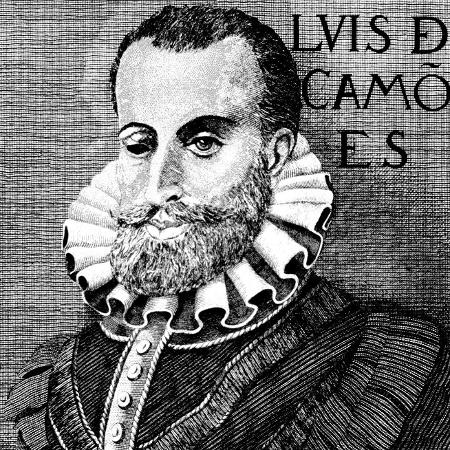Film festivals in Brazil
Por Bernardo Buarque de Hollanda
Film festivals is a very important tradition all over the world. In Brazil, it contributes to stimulate the habit and the passion to cinema among the new generation, which grew up with TV and Internet. One of my favourite films, for example, is The seventh seal, made by a renowned director, the Swedish Ingmar Bergman (1918-2007). It was first watched many years ago in a film festival that I'm going to talk today. By the way, The seventh seal is an old movie, from 1956, with a terrific black & white photography.
The story takes place in Europe, during the fourteenth century, in the middle Ages, when the continent is attacked by the pest. A horseman crosses his country with a peregrine group of theatre and music. Along the journey, he sees many religious processions, with ritual exhortations and a lot of people dying.
Suddenly, the Death, materialized in a human body, appears to the horseman and proposes a duel: they will play a chess game and, if the horseman wins, he survives. The horseman accepts, but finally he fails and Death leaves the Earth with his new friend… Doubtlessly it's a masterpiece of the seventh-art, which I recommend for everyone.
Back to the subject of the column today, as I said, the first time I've watched this film was during the Ninth International Film Festival, in Rio de Janeiro, in September 2007. Better known as "Mostra Rio", this festival is a kind of marathon of films and it happens in many global cities. During one whole week, the festival exhibits more the one hundred and fifty movies.
The amount is distributed among fifteen projection rooms. The most important halls in Rio de Janeiro that hosted the twenty first edition are "Estação Botafogo", "Espaço Unibanco", Republic Museum, Modern Art Museum and Fashion Mall, among others. The price isn't so expensive: it costs around ten and fifteen reais, but if you buy a pass by 50 reais, you are free to watch all of them or as much as you like.
Each year the festival emphasizes one topic. In 2007, I can still remember, the organizers showed the tradition of historical films from Japan. Several movies which won prizes in the competitions of so reputed international festivals, as Cannes, Berlin and Qatar, as well as the Brazilian ones, like Gramado and Brasília, are exhibited in Rio too. Also, the event is so important because seldom the general public in our country will have another opportunity to see them.
Usually, the format of the festival is structured in ten topics. The more exciting, in my opinion, are "Panorama of International Cinema" and "Expectance". They show contemporary films and new directors. There are, let's say, uncommon cycles: "Slavonian", "Gay Films" and "Midnight Movies".
The section "Treasure of Cinema" contains rare and old-fashioned films. "Documentary" exposes many famous directors' experiences. A classic Japanese director, like Yasujiro Ozu (1903-1963), has a retrospective in his honour and almost all his films were showed.
Last but not least, the Brazilian series exhibits many new movies. At the time of that Festival edition, I remind not only the "A ostra e o vento", by Walter Lima Júnior, but also "Miramar", by Julio Bressane.
Edição Final: Guilherme Mazzeo





ID: {{comments.info.id}}
URL: {{comments.info.url}}
Ocorreu um erro ao carregar os comentários.
Por favor, tente novamente mais tarde.
{{comments.total}} Comentário
{{comments.total}} Comentários
Seja o primeiro a comentar
Essa discussão está encerrada
Não é possivel enviar novos comentários.
Essa área é exclusiva para você, assinante, ler e comentar.
Só assinantes do UOL podem comentar
Ainda não é assinante? Assine já.
Se você já é assinante do UOL, faça seu login.
O autor da mensagem, e não o UOL, é o responsável pelo comentário. Reserve um tempo para ler as Regras de Uso para comentários.